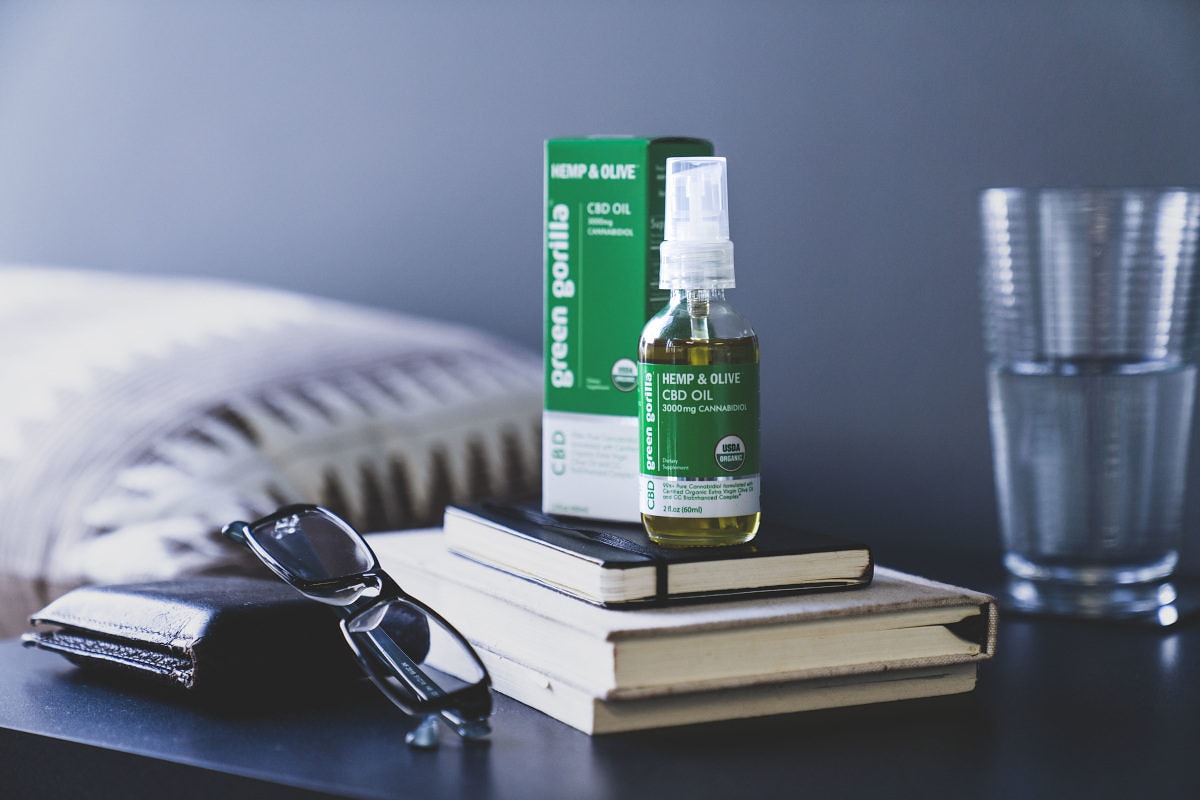No products in the cart.

Sleep is a crucial fundamental pillar of health and wellbeing. Sufficient sleep is necessary for your body and brain to function properly. The consistent stress and stimulation of living in the modern world can drastically impact quality of sleep. Luckily, there are healthy habits that you can practice to get a better night’s rest. Sleep hygiene refers to healthy sleep habits that can improve your ability to fall asleep and stay asleep. Keep a Consistent Sleep Schedule
Going to bed and waking up at the same time every day keeps your circadian rhythm in balance. Your circadian rhythm, also known as your sleep/wake cycle or body clock, is an internal system that regulates sleep, wakefulness, appetite and many other physiological processes. This internal clock is influenced by cues from your environment such as sunlight and temperature. Sticking to a consistent sleep and wake schedule every day (even weekends) will keep your circadian rhythm functioning properly. Make sure you practice the healthy habit of getting 7 to 9 hours of sleep per night.
Limit Bright Lights
Artificial light can make your brain think it’s still daytime and throw off your body clock, making it harder to fall asleep. Limiting bright light and screen time a few hours before bedtime, 30 minutes to an hour at the very least, can help regulate your body’s circadian rhythm so you get a better night’s sleep. Warm, soothing light from a candle or salt lamp can help ease your body into a restful, good night’s sleep.
Limit Caffeine Intake
Consuming caffeinated beverages or other stimulants late in the day can interfere with your quality of sleep. Caffeine increases adrenaline production and blocks sleep inducing chemicals in the brain. It can take 6 to 10 hours for your body to process and eliminate caffeine from your system. Caffeine can also affect the timing of your body clock. If you do drink caffeine, make sure it’s early enough in the day that your body has time to eliminate it from your system before bedtime. Eating a large or rich meal close to bedtime can also disrupt the quality of sleep.
Calming Herbs and Supplements
The natural world contains some amazing allies that can help you feel calm and relaxed before bed. One of the most well known relaxing herbs is lavender. Lavender is a gentle sedative and has a calming and uplifting effect on the mood. Green Gorilla’s topical CBD balm contains lavender, which delivers amazing aromatherapy benefits when massaged into the temples, back of the neck, and chest. CBD taken internally can also have a calming and relaxing effect. We recommend our 3000mg pure CBD oil for the added synergistic benefit of the entourage effect.
Exercise
Physical activity is a factor in sleep hygiene that can increase sleep quality and duration. Even a small amount of aerobic exercise, or cardio, can reduce stress levels and improve sleep. Exercise can also help balance your sleep/wake cycle, especially when you make exercise a regular part of your daily routine.
Relaxing Bedtime Routine
A regular nightly routine will signal to your body that it’s time to wind down for sleep. Your nightly routine could include a warm bath or shower, herbal tea, meditation, gentle yoga, reading, or anything that makes you feel calm and relaxed.

